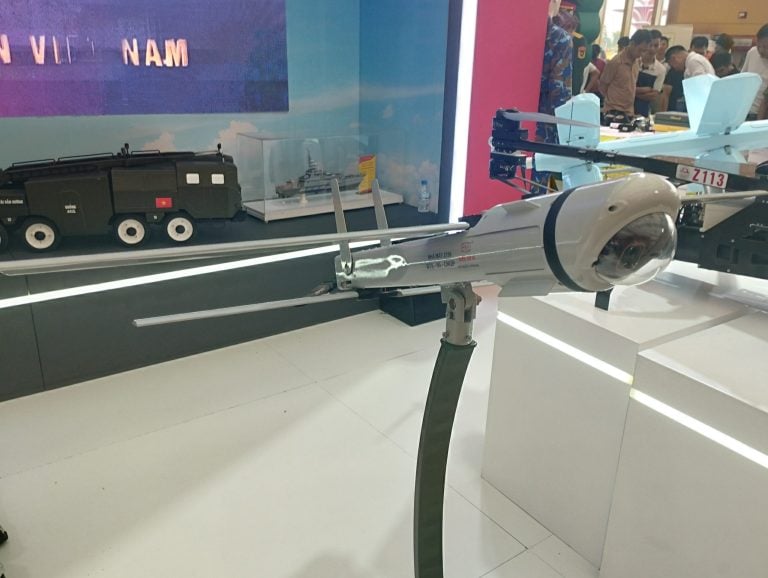In a time when national security is increasingly intertwined with technological integrity, disagreements over corporate mergers can shift focus from pressing international threats. Recently, a group of Democratic senators, including Richard Blumenthal, Cory Booker, Elizabeth Warren, and Amy Klobuchar, have called for an investigation into a Justice Department settlement that permitted the acquisition of telecom company Juniper by IT multinational HPE. They raised concerns about the motivations behind the deal, suggesting it was influenced by improper political and business considerations. Among the critiques is the assertion from Roger Alford, a senior DOJ staff member who was recently fired, who echoed alarms about potential misconduct in the handling of the merger.
While scrutiny of such corporate maneuvers is vital, it is equally important to consider the implications for national security. Attorney General Pam Bondi’s support of the acquisition was reportedly based on substantial national security risks. Recent reports have indicated that U.S. intelligence agencies played a significant role in encouraging the DOJ’s approval of the merger. An unnamed senior official stated that facilitating the deal was crucial to enhancing domestic capabilities and countering emerging threats from China.
The senators’ letter notably omits references to “national security” or “China,” suggesting a narrow perspective that neglects broader implications. Acquiring Juniper enables HPE to strengthen its position in the global enterprise wireless industry, challenging Huawei, a company notorious for its state subsidies and close ties to the Chinese government.
The stakes are particularly high as these telecommunications networks are vital for managing critical infrastructure and military logistics. The U.S. government has long recognized Huawei as a cybersecurity threat, having banned the company from the American market since 2019. This ban represents one facet of a larger battle against a persistent cyber threat that China poses, illustrated by a recent DOJ announcement charging a dozen Chinese nationals with a ten-year cyber espionage campaign targeting U.S. federal agencies and media outlets.
Furthermore, revelations about Chinese-linked firms involved in unauthorized data transfers further demonstrate the ongoing risks to American citizens and institutions. Despite restrictions on Huawei’s operations within the U.S., its influence persists in allied nations that have yet to enact similar bans. This could leave essential facilities vulnerable, particularly if geopolitical tensions escalate.
The acquisition of Juniper provides an opportunity for American firms to reduce Huawei’s hold over the global market, bolstering U.S. security interests. Preventing this merger could inadvertently empower Huawei, a reality that the senators appear to overlook in their calls for investigation.
In light of these concerns, national security experts are urging lawmakers to approach the HPE-Juniper deal with the gravity it deserves. The interplay between technology and security is critical as the world grapples with an increasingly assertive China, especially with fears of potential military action regarding Taiwan looming. The ability to robustly protect national interests through technological advancements should transcend partisan politics, highlighting the necessity for a focused and strategic approach to national security.







